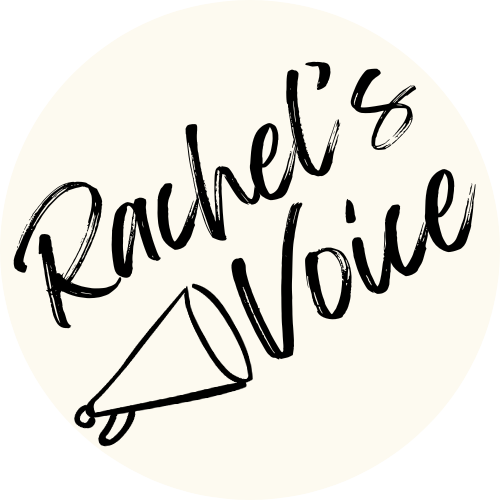Advice & information following an unexpected death in a healthcare setting
Sometimes we lose someone we love after they receive medical treatment in hospital, and we are concerned that the treatment contributed or caused their death. When this happens, we may find out after they have died that the hospital has referred their death to the local Coroner and that Coroner has ordered an Inquest.
Follow the links below to find out more about a number of avenues that families frequently find themselves in after losing someone they love. There are different pathways and options available to family members depending on the circumstances and timeframes.
This advice is in the format of case studies to help you deal with these situations, ask the right questions and navigate the processes that may come next. These case studies focus on where the deceased had a learning disability, and aim to give families a starting point when they are navigating processes after losing a loved one. This cannot be substituted for legal advice.
The Rachel’s Voice team offer advice to families who have suffered a bereavement after the death of a person with a learning disability.
If you are reading this information after losing a relative who has died within 30 days of receiving hospital treatment, and they also had a learning disability, we would also recommend that you contact the Mencap Helpline on 0808 808 1111 as soon as possible to speak to a case worker for more support and advice.
-
The case worker you speak to will talk to you about what has happened and discuss what your concerns are. If you have told them that you are calling because your relative has died, they will then ask you if you would like some free legal advice from us about what to do next. We are only given your details by Mencap if you give your permission. If you say you do want to speak to us, your information and contact details are emailed to us, and we will email or call you to arrange an appointment for us to speak in depth about your concerns.
We will aim to have looked at any documents you have sent to us and Mencap before we speak so that we can give you advice about what has happened and what you can do next.
This advice is offered to Rachel’s Voice clients free of charge by lawyers who are working pro bono (for free).






